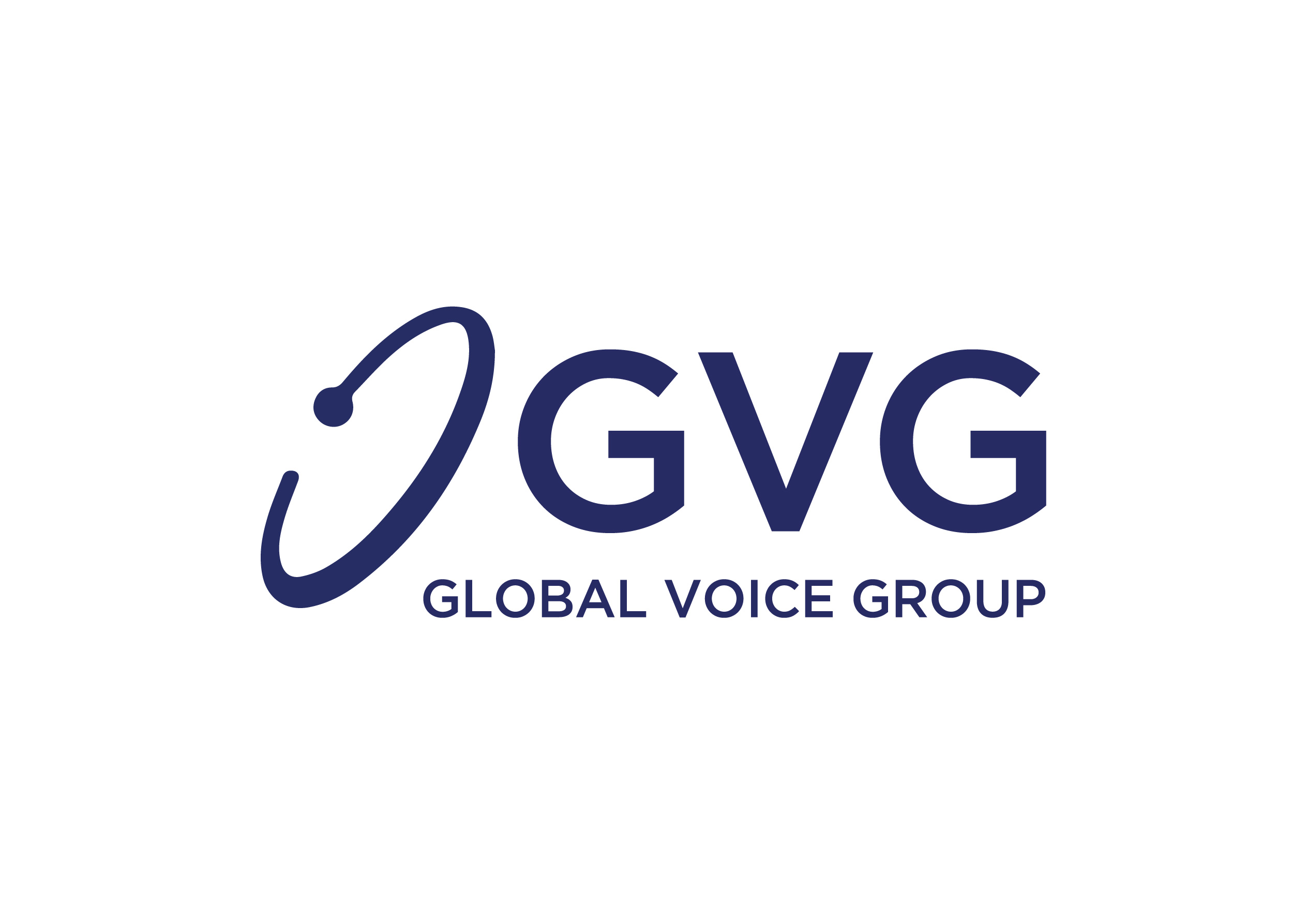
The crucial Role of Regulation and Compliance in the African Gambling Industry
Africa’s online gambling market is expanding rapidly, driven by increasing internet access, affordable smartphones, and a young, entertainment-seeking population. According to Statista, the industry is projected to reach a market volume of $2.36 billion by 2028. This growth brings tremendous opportunities but also presents significant regulatory and compliance challenges that must be addressed to protect participants and ensure sustainable industry development. As more Africans access online gambling platforms, governments across the continent are working to establish regulations that mitigate risks such as illegal gambling, fraud, and unlicensed operations.
Emerging Players
Africa’s gambling industry is as diverse as the contintent itself, reflecting its unique cultures and economic landscapes. Three nations stand out as the most significant markets: South Africa, Kenya, and Nigeria. South Africa leads, generating 40-50% of its gambling revenue, with a market valued at around $2.1 billion annually . Nigeria follows closely, driven by online sports betting, with approximately 60 million participants and a market worth over $2 billion. Meanwhile, Kenya’s mobile sports betting sector is valued at KES 200 billion (about $1.8 billion).
Several countries outside these top three are gaining traction. Ghana is emerging as a notable player, thanks to growing mobile internet access and a strong gambling culture. Its rising youth demographic and increasing use of mobile payment solutions drive online gambling demand. The Gaming Commission of Ghana plans to strengthen regulations to meet the digital market’s evolving needs.
Uganda is another example of strong potential in the online gambling space. With a population increasingly connected to mobile internet, Uganda’s gambling sector is flourishing, particularly in online sports betting. The industry is regulated by the National Gaming Board, which has made efforts to establish clear rules for operators and protect consumers. Uganda’s mobile money services play a pivotal role in enabling transactions on gambling platforms. Global Voice Group has contributed significantly by deploying the Telecommunications Intelligent Monitoring System (TIMS) and Data Monitoring System (DMS) to monitor mobile money gaming transactions.
Tanzania also shows considerable potential in the industry. Its young, mobile-connected population has spurred the rise of digital betting platforms. The government’s proactive stance in regulating the industry—through licensing and taxation—has created a safer, more structured environment for operators and consumers. With rising internet penetration and mobile money services integrated into the financial system, Tanzania is well-positioned to become a key player.
Key Regulatory and Compliance Challenges
Despite the rapid growth, the industry still faces numerous regulatory and compliance challenges. These issues, if left unaddressed, could hinder the long-term sustainability of the market and expose players to unnecessary risks.
A fragmented regulatory landscape, where each country adopts different approaches to gambling laws, complicates effective monitoring and creates opportunities for unlicensed operators.
Inadequate consumer protection measures further exacerbate the situation, as many players, particularly the inexperienced, are left vulnerable to risks associated with underage access and gambling behavior management.
Additionally, high taxation rates can deter licensed operators, pushing them toward unregulated markets, which leads to revenue leakage and increased risks for consumers.
The rising threat of cybercrime highlights the need for improved technological infrastructure and cybersecurity measures to protect both operators and players.
Finally, cultural and religious opposition in various countries presents a significant barrier to developing effective regulatory frameworks, requiring a delicate balance between accommodating market needs and addressing societal concerns.
New Technologies for Enhanced Regulation
To address these challenges, countries are leveraging new technologies to streamline compliance, by automating the monitoring and reporting of online gambling activities, ensuring that operators adhere to legal standards and preventing illegal or unlicensed gambling.
Big data offers real-time insights into gambling behaviors, helping regulators detect anomalies, such as money laundering or underage gambling, early on. This allows for faster enforcement of responsible gaming policies and more effective identification of problem gambling patterns. AI and machine learning can enhance fraud detection and assess high-risk transactions, which are often linked to financial crimes. By flagging suspicious activities in real-time, these technologies reduce the risks of financial irregularities.
Moreover, blockchain technology can improve transparency in financial transactions, ensuring secure and verifiable records of bets, payouts, and tax obligations. This could assist governments in tracking revenue generated from gambling activities more accurately, reducing tax evasion and increasing compliance from operators. Technologies like these empower regulators to maintain oversight even in the face of a rapidly growing and evolving online gambling market.
By leveraging these innovative solutions, African regulators can ensure the development of a fair, transparent, and secure gambling environment that both protects consumers and generates reliable revenue streams for governments.
Projections for 2025 – What Lies Ahead?
Looking ahead into the new year, the African online gambling industry is expected to continue growing, driven by technological innovation, increased access to digital platforms, and a rising demand for online entertainment. However, several key developments must take place to ensure the long-term sustainability of the market. These include regulatory harmonization across countries. Regional cooperation could lead to a more consistent regulatory environment that benefits all stakeholders.
Enhanced consumer protection measures are anticipated to emerge. Stronger age verification processes, responsible gambling initiatives, and the use of technology to monitor player behavior will become essential to safeguarding consumers.
Additionally, the integration of digital payment systems, such as mobile money and blockchain technology will play a critical role in increasing financial inclusion and ensuring transparent transactions within the gambling industry, including mobile money platforms and blockchain technology, which are expected to enhance financial inclusion and transparency in transactions.
Lastly, as cyber threats evolve, governments must prioritize data protection and online security, working closely with regulators to develop comprehensive cybersecurity frameworks.
The future of the African gambling industry is filled with potential but is not without its challenges. Addressing regulatory and compliance issues through collaboration, technological innovation, and enhanced consumer protection measures will be crucial to shaping a sustainable and secure market.
Do you want to read more about GVG’s contributions to the gambling sector and other key economic sectors in Africa? Click here


